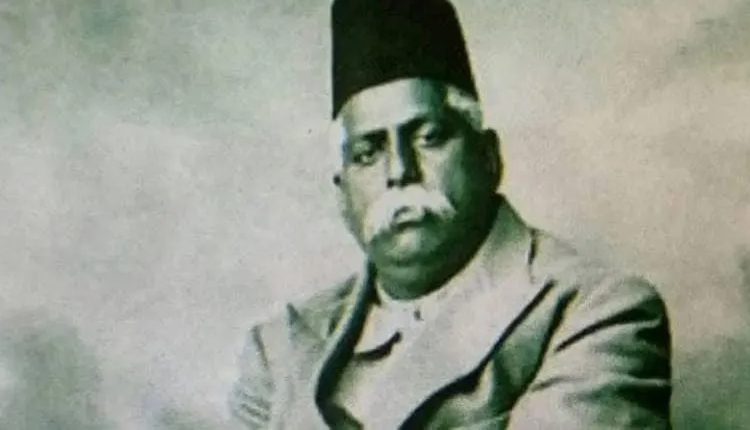New Delhi: This step is before we even get to the RSS, which holds a lot of sway over Indian politics today, especially in the context of the decision-making of the BJP. But its founder, Dr Keshav Baliram Hedgewar, had a different vision for the RSS—he wanted the RSS to be completely out of politics. Hedgewar was born on April 1, 1889, to a Brahmin family at Nagpur and, while he was 13 years of age, lost both his parents to plague in the 1900s. His two older brothers, Mahadev Pant and Sitaram Pant, raised him after that loss.
Hedgewar started his studies at the Neel City High School in Nagpur, but his singing of “Vande Mataram” led to his expulsion. His brothers then sent him to Yavatmal and later Pune to study. After his matriculation, he was inspired by BS Moonje, a key leader in the Hindu Mahasabha, to study medicine in Calcutta (now Calcutta) in 1910. After completing his medical studies in 1915, he returned to Nagpur, where his life took a revolutionary turn.
Hedgewar connected with organisations such as Anushilan Samiti and Yugantar in Calcutta to acquire skills in resisting British control. He is reported to have struck up a friendship with revolutionary Ramprasad Bismil and to have participated in the Kakori conspiracy under an alias, “Keshab Chakravarty”, before he went underground. Eventually, however, he lost faith in armed revolt as feasible in the struggle to free India. Back in Nagpur, he focused on social work, mentoring Congress leader Bal Gangadhar Tilak and adopting Moonje’s Hindu philosophy.
The 1923 communal riots redirected Hedgewar’s life toward radical Hindutva ideologies. Inspired by Tilak, Moonje, and Vinayak Damodar Savarkar, he dreams of a nation with Hindu roots. To make this dream a reality, he founded the RSS on Vijayadashami in 1925 and became its first Sarsanghchalak (head). Early members such as Babasaheb Apte, Bhaiyyaji Dani, Balasaheb Deoras, and Madhukar Rao Bhagwat soon joined him, leading to the organisation’s rapid spread across states.
Hedgewar was also a revolutionary, but he made sure that the RSS kept away from active politics. He concentrated on the work of religion and society, avoiding British scrutiny that might impede the assistance the church grew to provide. When Mahatma Gandhi started the Civil Disobedience Movement in 1930, Hedgewar sent letters to different RSS branches informing them that the organisation would not formally participate. But he allowed individuals to join if they wished—and reportedly took part personally. He was obvious about the plan — forge a strong Hindu community not caught up in political strife.



Comments are closed.